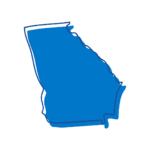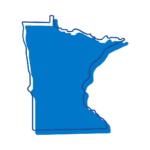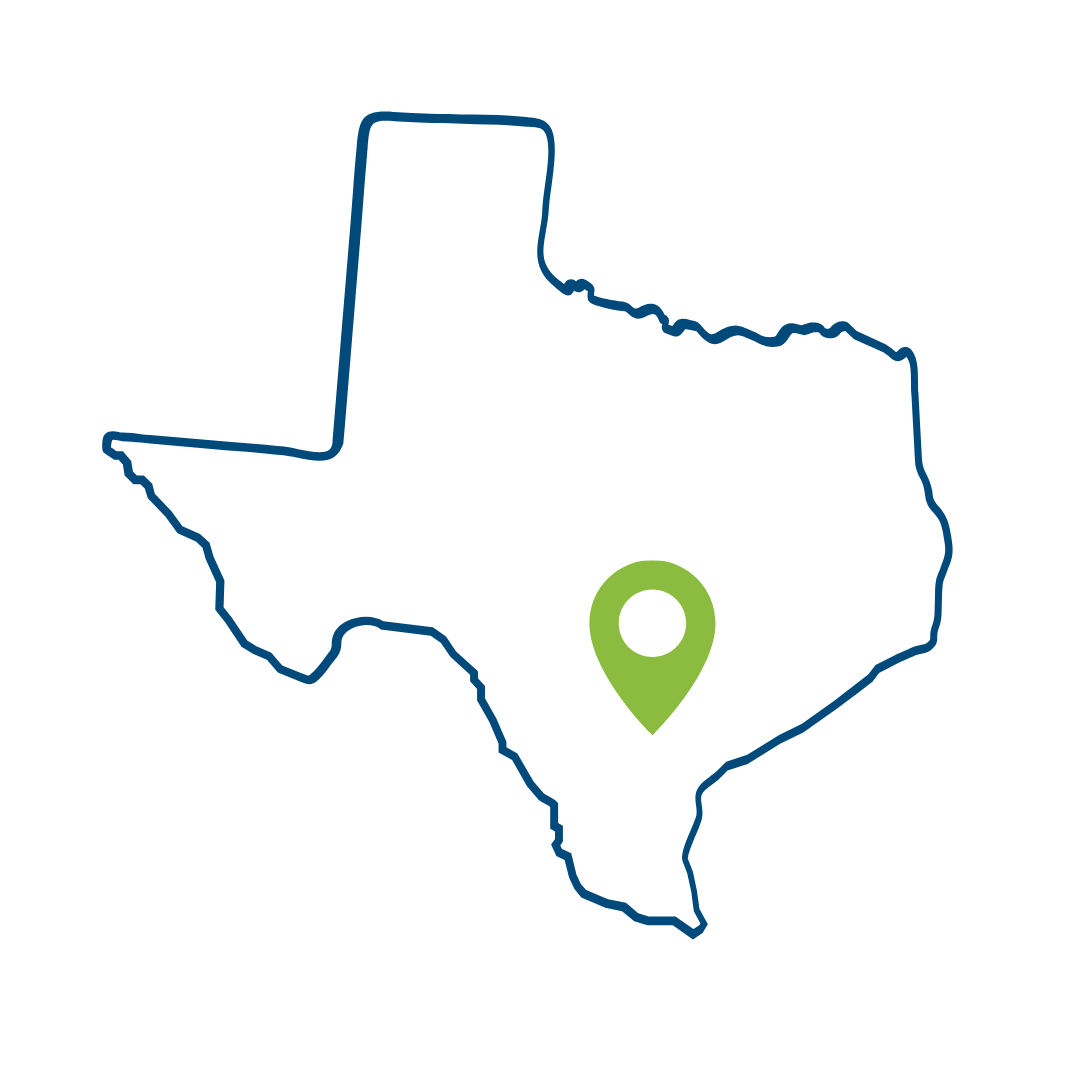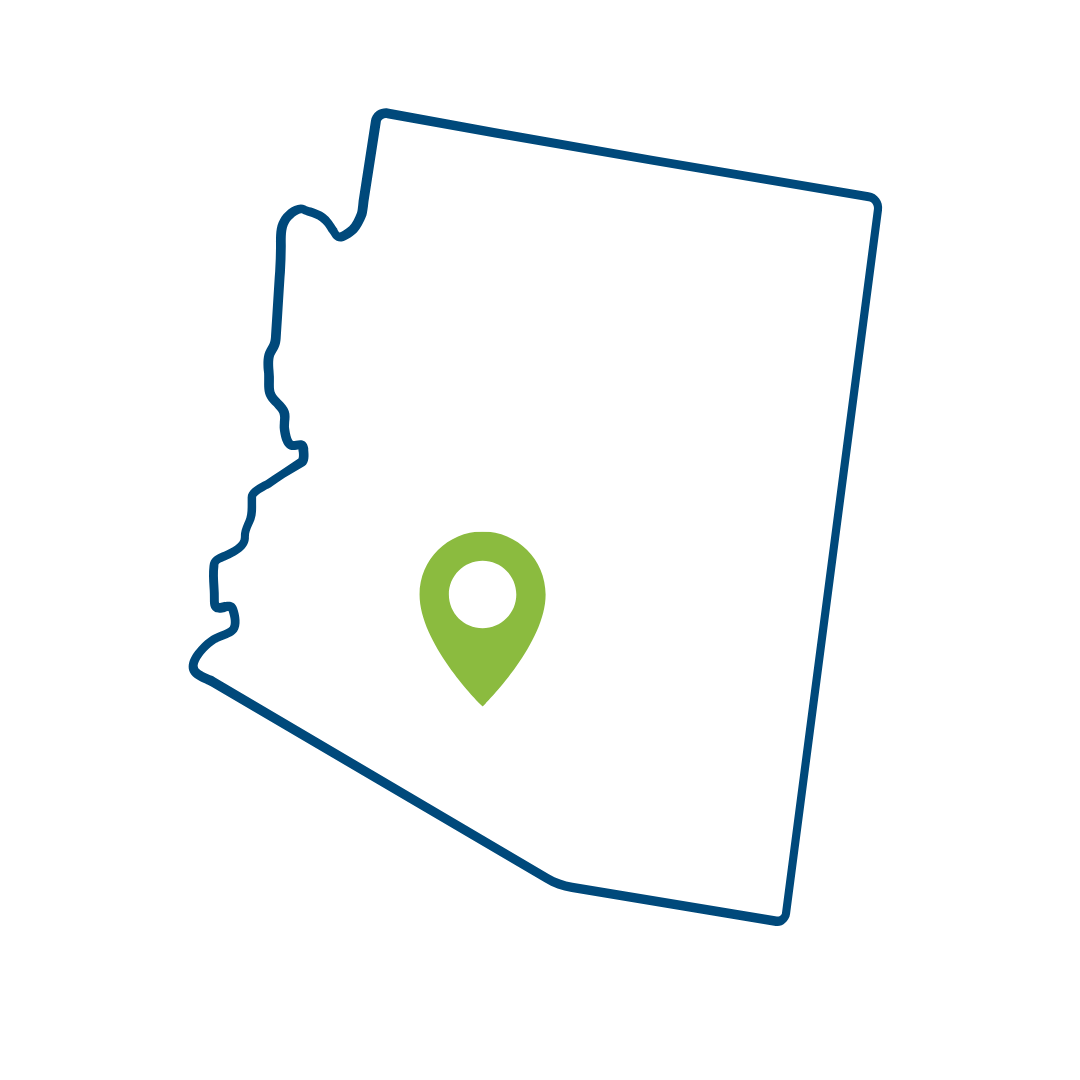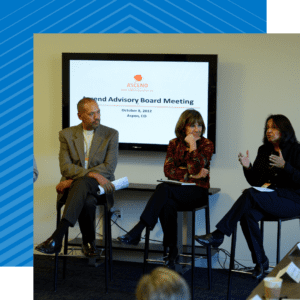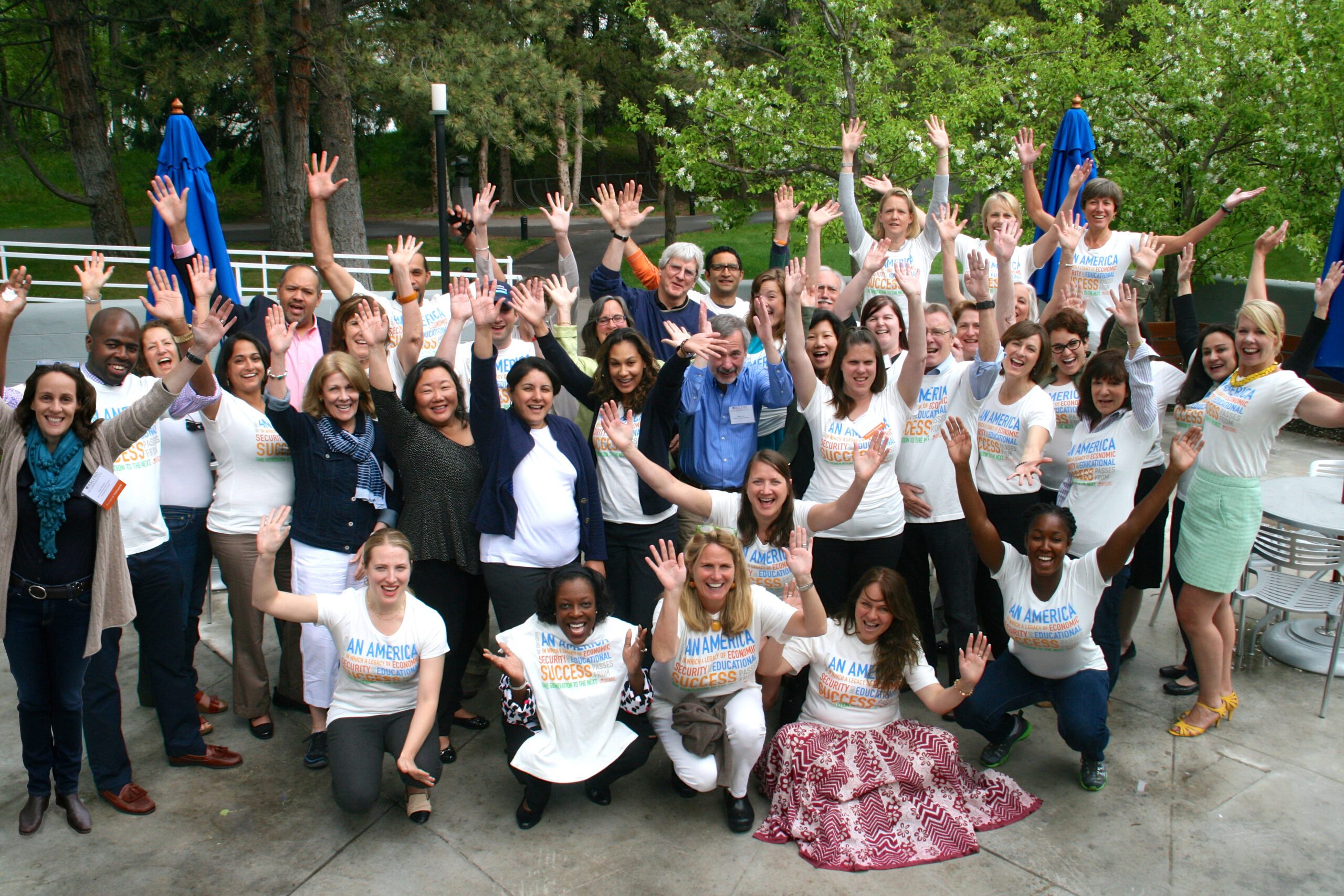
Return to The 2Gen Investment Case
3. INvestments from Funders
Over the past decade, more than $500 million has been invested to advance 2Gen approaches across all 50 states, the District of Columbia, and Puerto Rico. Significant investments have been made with public funding at the federal, state, and local level as well as with private grant funding.
Overview
Although this report does not reflect estimates for every investment in 2Gen approaches, the initiatives referenced represent an investment of more than $500 million. This report highlights federal efforts that collectively invested $114 million, $273 million invested by seven states, and nearly $200 million from the philanthropic community.
FEDERAL INVESTMENTS
Federal funding is being dispersed to support 2Gen approaches, increasing agency coordination and systems alignment to more holistically serve adults in employment training and young children attending early education programs. Federal investments have been deployed to support six specific 2Gen pilots and initiatives, collectively amounting to about $114 million across 36 states.

Administration for Children and Families (ACF), U.S. Department of Health & Human Services (HHS)
- Child Support Noncustodial Parent Employment Demonstration – $18.4 million
- Office of Family Assistance 2Gen Peer Learning – $0 million
- Office of Planning, Research, and Evaluation (OPRE) – $11.1 million

Maternal and Child Health Bureau (MCHB), Health Resources and Services Administration (HRSA)
- Early Childhood Comprehensive Systems (ECCS) – $30.6 million
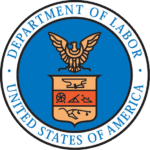
U.S. Department of Labor
- Strengthening Working Families Initiative (SWFI) – $54 million

White House Rural Council
- Rural Impact – $0 million
STATE INVESTMENTS
Many states have developed their own funds to strengthen resources and supports for families, linking children’s participation in state-funded pre-K with parents’ participation in workforce development programs. This report reviewed six states that have embraced a 2Gen approach and invested $273 million combined.
Colorado Department of Human Services
2Gen Opportunities Pilot Program – $1 million [2018-2020]
2Generation Opportunities, or 2GO, is an effort to help Colorado communities innovate and create their own ways of engaging in a 2Gen approach to service delivery. In November 2018, the 2GO pilot awarded 10 grants of $100,000 each to both rural and urban community collaborators who proposed innovative ways to address complex systemic challenges that impede families’ ability to reach their full potential.
Georgia Department of Early Care and Learning (DECAL)
2Gen Capacity Building Implementation – $100 thousand [2019-2020]
Georgia is advancing a 2Gen approach to support children from low-income families with high-quality early learning while supporting their families in attaining the education, training, and, ultimately, the jobs that lead to economic self-sufficiency. The Department of Early Care and Learning (DECAL) made available two new funding opportunities to pilot or expand community strategies that connect the early learning, postsecondary, and workforce systems at the local level.
Maryland Department of Human Services
2Gen Family Economic Security Commission and Pilot Program – $950 thousand [2017-2018]
In 2017, Maryland issued an Executive Order creating a commission to study the possibility of using the 2Gen approach to transform how state agencies work with families. The commission focused discussions on four key areas for intervention through Maryland’s holistic family model: education, family economic stability, early childhood development, and health. Current programs address all four of these indicators; however, the commission determined that the success of the entire family depends on realigning current service delivery models.
Minnesota Department of Human Services
2Gen Policy Network (Cohort 1) – $4.6 million [2016-2021]
2Gen Policy Network (Cohort 1) was the first iteration of Minnesota’s system change work. It was designed to advance 2Gen approaches to policies and practices that improve outcomes for children and parents together. The Minnesota Department of Human Services partnered with four organizations from 2016–2021, offering funding totaling $4,980,000 in multi-year grants to these sites. Whole Family Systems Initiative brings together and expands on the work and lessons from the Economic Assistance and Employment Services Division’s 2Gen Policy Network (Cohort 1), the Child Care Services Division’s Early Childhood Systems Reform project, and the Child Safety and Permanency Division’s work to bring equitable outcomes in child welfare. In late 2019 and early 2020, these three divisions in the Child and Family Services Administration at the Department of Human Services combined funding to offer grants for a second cohort of seven local organizations; this initiative was called Whole Family Systems.
Whole Family Systems (Cohort 2) – $17.2 million [2019-2024]
The Minnesota Department of Human Services issued Whole Family Systems Grants (Cohort 2), totaling $17.2 million over five years, to eight organizations throughout the state to uncover and address the systemic influences related to racial, geographic, and economic inequities, and to support coordination across the programs and systems that serve children and families. This included funding for innovation partnerships first to University of Minnesota Future Services Institute (2019–2022) and then to the BUILD Initiative (2022–2024).
Tennessee Department of Human Services
2Gen Community Partnerships – $244.9 million [2014-present]
The program was created as an additional method to invest TANF funds in ways that provide assistance to families with low incomes and help them move toward sustainable economic stability. The grants will support a wide range of services in the areas of education, health and well-being, and economic stability, and fostering safe, stable, and nurturing relationships. The grant recipients will be selected through a competitive application process and evaluated based on their ability to provide effective services and programs that address the specific needs of the community.
Virginia Department of Social Services
2Gen Whole Family Pilot – $4.5 million [2019-2023]
The Virginia General Assembly funded a Two-Generation/ Whole Family Pilot Project. Starting in FY 2019, the Virginia state budget appropriated $1.125 million per year from the Temporary Assistance for Needy Families (TANF) budget for the pilot project, which aimed to test and evaluate concepts and specific interventions that represent two-generation or whole-family strategies to alleviate multigenerational poverty. The pilot project was designed to accelerate the development of whole-family strategies that move families out of poverty in various communities throughout the Commonwealth. The Virginia Department of Social Services completed a competitive process and awarded grants to six Community Action Agencies. These six agencies have been building capacity to provide a range of activities, including family-centered coaching, flexible funding for family barrier removal, and customized mental health supports. The National Community Action Partnership was selected in a competitive process as the technical assistance provider.
CITY & COUNTY INVESTMENTS
Cities and counties are also out front on implementing the 2Gen approach. In 2019, the National Association of Counties formally adopted a 2Gen approach and encouraged the federal government to recognize “that local and state governments are best positioned to help their citizens when federal programs are flexible and support all generations within a family.”
The city of Austin, and Travis County, Texas, partnered with the 2Gen Coalition to create economic and social opportunities for families. Young parents receive a basic stipend and free child care while participating in the program.
Maricopa County, Arizona, is the second largest county in the United States. The Maricopa County Human Services Department (HSD) has successfully implemented Family-Centered Coaching (FCC) throughout the large organization. The organization is made up of five divisions, all with multiple funding sources, and about 400 employees who serve over 55,000 participants in a typical year. Since 2018, the department has been developing organizational resources and practices to get all staff onboard. Maricopa County HSD decided to invest in FCC training because top leadership wanted to enhance and support its 2Gen initiative. FCC’s components of trauma-informed care, coaching, and strength-based approaches aligned with the organization’s vision of how direct services are offered. FCC has also, however, helped Maricopa County HSD combat the inherent siloing that happens across larger organizations. The department is now better able to offer holistic and seamless services to care for the whole family.
PHILANTHROPIC INVESTMENTS
The philanthropic community – including national, place-based, and family foundations – have made significant investments in 2Gen approaches. Private funders have used a variety of strategies, including investing in individual nonprofit organizations and a cohort of nonprofit organizations to support research, evaluation, technical assistance, policy and systems change, capacity building, and more.
Private funders whose investments were reviewed for this report have invested close to $200 million in 2Gen approaches and initiatives across 35 states and are listed below. These efforts represent a myriad of ways that funders invest in 2Gen approaches.
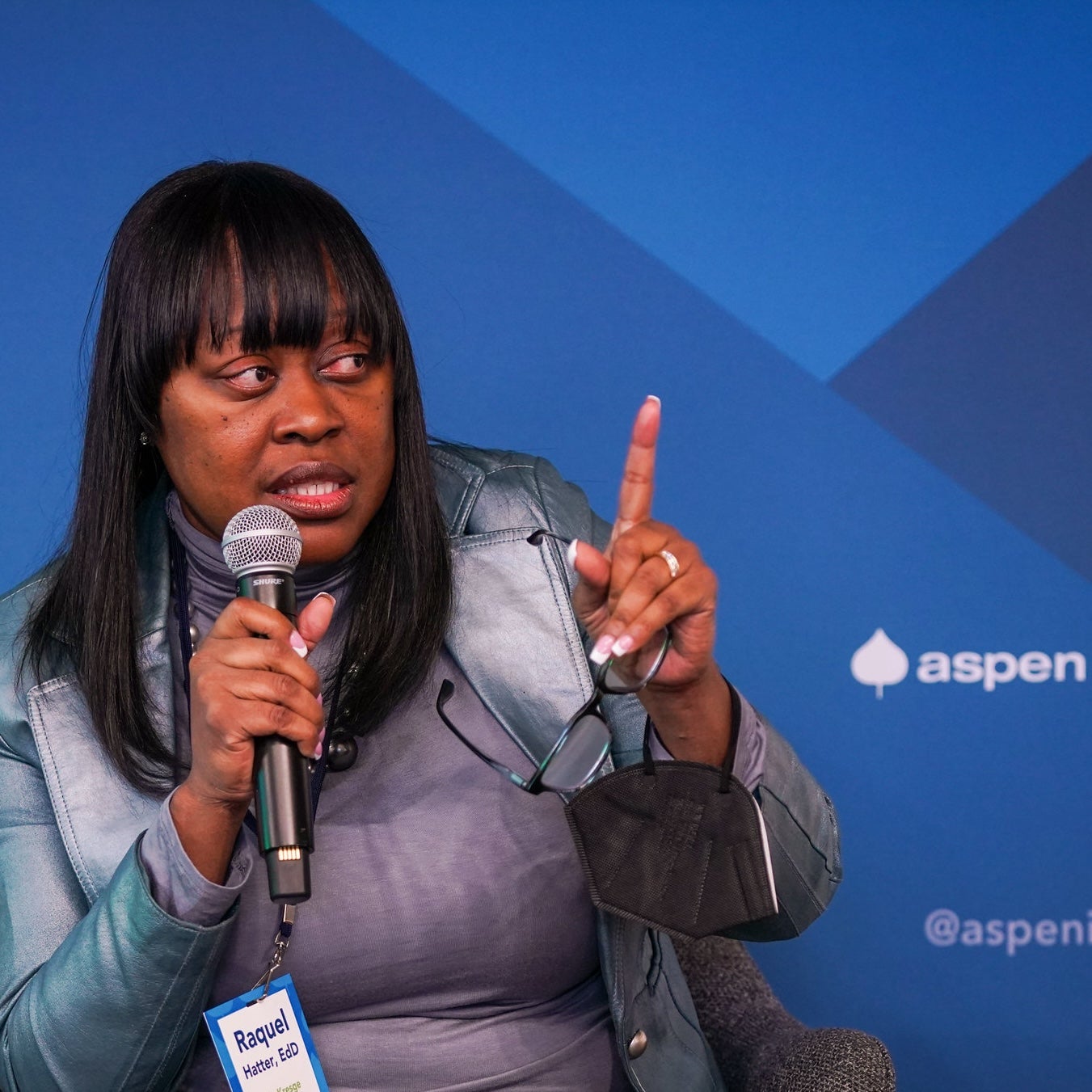
Dr. Raquel Hatter, managing director of the human services program at the Kresge Foundation
Drawing on her decades of experience supporting 2Gen approaches in both the philanthropic and the public sector, Dr. Hatter reflects on four areas of opportunity for philanthropy to accelerate the progress of their 2Gen investments.
- Establish a Strong Knowledge Base of the 2Gen Approach
- Be Aware of Policy Barriers or System Structures that Inhibit the Economic Mobility of Families
- Understand Not Only How to Use Demographic Data to Address Inequities and Injustices, but also the History of How Those Inequities and Injustices Came to Be.
- Embrace Partnerships, Including Alliances with State and Federal Policy Partners, that Can Advance the Work of Local Organizations
I am consistently amazed by the creative work-arounds community-based organizations and families are engaged in to move 2Gen forward. Time and again, they prove that a 2Gen approach is an effective way to build economic success and the well-being of families. But to fully embrace and leverage the power of 2Gen, we need to change up entire systems. This includes — and goes beyond — program-level or organizational improvements to realize impact.
Raquel Hatter, Kresge Foundation
Families, communities, and organizations are making progress despite cumbersome systems that are not solutions oriented. However, if we fix the systems, families can ascend to much greater heights.”
4. Lessons from Funders & Practitioners
Several lessons can be drawn from funders, practitioners, and published reports. More than 30 informant interviews were held with funders and practitioners. The following section summarizes the main themes and lessons that were shared in the interviews and a literature scan of published reports.


